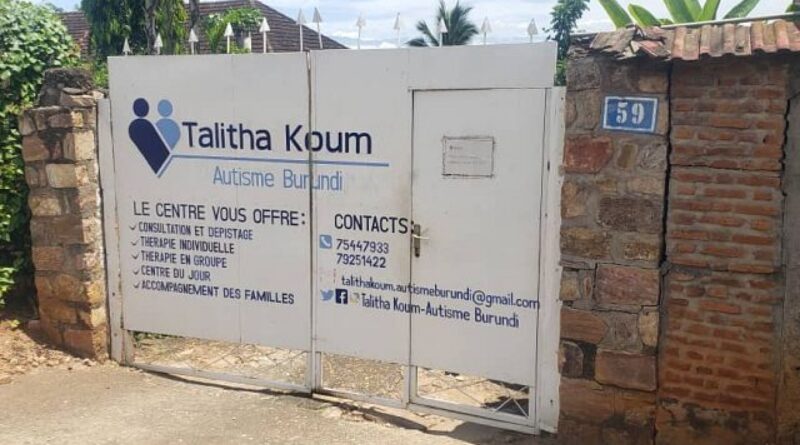Burundi: The Talitha Koum centre breaking the taboo surrounding autism
Autism is still little-known in Burundi, and autistic children are often hidden away, accused of being spoilt, capricious, or possessed.
Some rare parents, however, understand this situation and support their children, as does Alice, a mother of three, one of whom is autistic.
“Few parents understand this, it takes patience and courage. Some parents get discouraged and hide their children, hiring people to look after them in their bedrooms,” she says.
The Talitha Koum centre aims to break the taboo. The name in Hebrew means ‘Get up and walk’, and it helps children to learn and develop.
“It’s about care adapted to the child. The second objective is to support families, and the third is to raise awareness throughout the child’s environment,” says centre coordinator, Jeanne d’Arc Nduwiyingoma.
Talitha Koum aspires to be a centre of excellence on autism.
Dr Mélissa Ingabire of the Sensory Integration Department says the disorder is not really an illness, and requires early diagnosis.
“Early diagnosis really plays an essential role in the management of autism, first and foremost for the children concerned. It enables them to benefit from early and appropriate care, which will improve their skills,” she says.
The centre was recently chosen as the driving force behind a race between Bujumbura and the Rwandan capital, Kigali, organised by cyclists from Zinduka Club.
It was an opportunity to increase public awareness about autism and raise funds to support the centre.
Created in 2020, the Talitha Koum centre has already screened around 200 children. Only around 20 of them are cared for at the centre.

